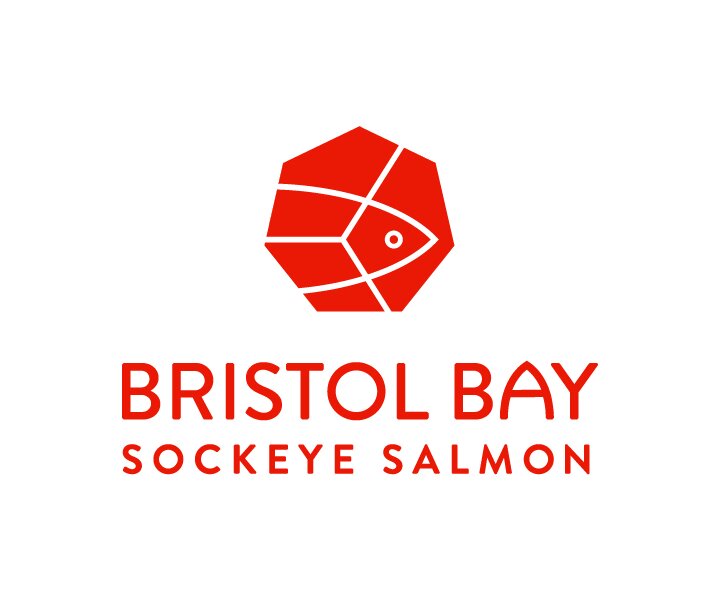Heydays of Bristol Bay: Pushing back on Pebble
/Katherine Carscallen (second from left) of Commercial Fishermen for Bristol Bay speaks during a panel discussion on environmental protection for the region at Pacific Marine Expo. Doug Stewart photo.
by Jessica Hathaway (National Fisherman - LINK)
We’ve got the most sustainable fishery in the world,” said Michael Jackson, board president of the Bristol Bay Regional Seafood Development Association on Thursday in Seattle. “We didn’t do anything to earn that. But it’s there.”
Jackson spoke on behalf of the Alaska fishing organization for a Pacific Marine Expo panel discussing the future of Bristol Bay’s salmon fishery and the increasing hopes that locals, fishermen and other stakeholders may be able to put a wrap on threats from the proposed Pebble Mine.
News this week that the EPA put dates on the time line to reinstate Clean Water Act protections propelled the hopeful vibe at this standing Expo session, along with a robust projection for 71 million to 75 million salmon to return to the bay in 2022.
The Federal Register notice Wednesday shows they are shooting to finalize that process by May 31, 2022. These permanent protections are critical because although the mine’s first permit was denied after a fashion, there’s nothing to stop the mine’s owners from submitting new applications until they get one through.
“Nothing has really changed about the mine or how it would impact the salmon,” said Katherine Carscallen, of the Commercial Fishermen for Bristol Bay. What’s different now, she noted, is that the EPA has more information and can push ahead to make permanent 404c Clean Water Act protections.
“We know better than to celebrate early,” said Lindsay Layland, deputy director of the United Tribes of Bristol Bay. “If the price for minerals goes up, people are going to want to dig it up. There’s a lot of money in the ground, and someone’s going to want to go get it.”
She added that the regional tribes are committed to this decades-long process to protect the region’s waters, traditions and cultures.
“For me this isn’t about how much money we can make, how many fish we can catch,” said Layland. “It’s a way of life that could go away.”
The panelists urged all stakeholders to let their legislators know that protecting Bristol Bay is a priority for them, even if they’re not Alaska residents.
The Clean Water Act 404c designation is “a very durable tool for protecting areas,” said David Allnut of Zeno Environmental and a longtime EPA staffer. “It’s an important tool. EPA’s only used it 13 times.” And all of those designations still stand.
If the time line holds, permanent protections could be secured before we meet next in Seattle for Expo.
“I can’t wait to come here next year and tell you: ‘It’s all over. You don’t have to worry about it anymore,” said Allnut.





